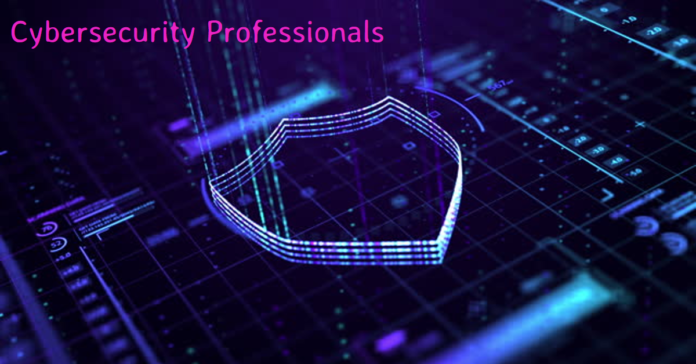In the age of technology we live in, people who work in cybersecurity are some of the most important but unknown people. These professionals have been given the job of securing IT infrastructure, networks, and sensitive information from an always-changing world full of cyber threats like hackers, malware, and sophisticated attacks, among others. Many different fields, including healthcare, finance, government, manufacturing, and transportation, need their knowledge. All these sectors have become more susceptible to attacks over time.
Key Responsibilities
Let’s not just make a list of things to do. Looking at cybersecurity through the lens of managing risk allows us to create a list of what these professionals do.
1. Identifying and Analyzing Vulnerabilities:
- Cybersecurity specialists identify potential weak spots in computer systems that cybercriminals could target. This involves running routine vulnerability scans, which act as digital network health checks.
- They look for suspicious patterns and anomalies in network data, too. This is just like what detectives do when they are looking for clues at a crime scene.
2. Developing and Implementing Security Measures:
- Cybersecurity professionals are like architects of online castles. They plan how to put many security systems together to protect something from being attacked (also known as “hacked”). For example, they may make a firewall, which is like a gatekeeper for who can get in the door (or not) over the internet or company network.
- While designing data security systems, they create data encryption methods to prevent unauthorized personnel from accessing confidential data, ensuring that even if breached, the data remains incomprehensible to the intruder.
3. Responding to Security Incidents:
- If security is broken, those who work with cyber security become the initial people to act. They quickly check what has happened then, prevent more harm from occurring, and finally do everything possible until they get things back to normal.
- They are conducting extensive investigations to determine the cause of the breach, identify those responsible, and establish preventative measures against future incidents.
4. Continuous Improvement and Education:
- Cybersecurity professionals have to keep up with the ever-changing field. They are always studying what’s new in threats, technology advances, and skill-building methods.
- Additionally, they educate and train staff about cybersecurity awareness by stressing the significance of strong passwords, identifying phishing attacks, and following secure browsing practices.
Specializations within Cybersecurity
The field of cybersecurity is diverse, offering a range of specializations:
- Information Security Analysts: The day-to-day monitoring and managing of an organization’s security posture is what these professionals are tasked with.
- Software Security Engineers: They are experts in creating secure software applications by writing bug-free programs.
- Security Architects: They create complete security strategies for a company’s information technology systems like experienced city planners mapping out every detail of how best to keep things safe.
- Penetration Testers: Ethical hackers do this by simulating authentic outside intrusions on these same networks in order to discover possible weak points that need fixing before any bad actors find and take advantage of them.
- Chief Information Security Officer (CISO): A CISO is a senior executive responsible for the overall cybersecurity strategy and vision of an organization.
Essential Skills and Qualifications
Cybersecurity experts need to have a mix of technical know-how. They should also be analytical and enjoy solving problems:
- Technical Proficiency: A strong foundation in computer science, information systems, or related fields is essential.
- Analytical Thinking: The ability to analyze complex systems, identify vulnerabilities, and develop effective solutions is paramount.
- Adaptability: Cybersecurity is a rapidly evolving field, requiring professionals to be adaptable, eager to learn new technologies, and stay ahead of emerging threats.
Career Path and Earning Potential
There’s an ever-growing demand for skilled cybersecurity professionals as it offers a fulfilling and high-paying career. Most entry-level jobs will require you to have at least a bachelor’s degree in something related. Still, some more advanced positions might need a master’s, not forgetting specific certificates such as CompTIA Security+, Cybersecurity Analyst (CySA+), or ISC2’s CISSP. Depending on where one lives and their experience level, information security analysts can expect their paycheck to be different from other people’s checks-it could range all the way up! According to 2022 data, though, the middle salary among them was $102,600 per annum; this figure should grow significantly over time for those who are skilled enough.
Conclusion
Cybersecurity professionals protect us from cyberattacks by being the care of the digital age. This means that they safeguard our data, privacy, and critical infrastructure at all times. The more technology advances and the more we depend on automated systems, the more important it will be for them to do so in an interconnected world.


